What Are They?
T-Skills are not new. They comprise a set of higher-order skills, abilities, and learner dispositions that have been identified as required for success in today’s complex, rapidly-changing, interdependent, technology-driven society. These skills have been articulated into frameworks by numerous national and international educational organizations for over a decade [AACU] (2007), Educational Testing Service [ETS] (2007), International Society for Technology in Education [ISTE] (2007), North Central Regional Educational Laboratory [NCREL] (2003), Organization for Economic Cooperation and Development [OECD] ( 2005), Partnership for 21st Century Skills [P21] (2006); State Educational Technology Directors Association [SETDA] (2001), etc. in an effort to foster educational innovation in support of these skills.
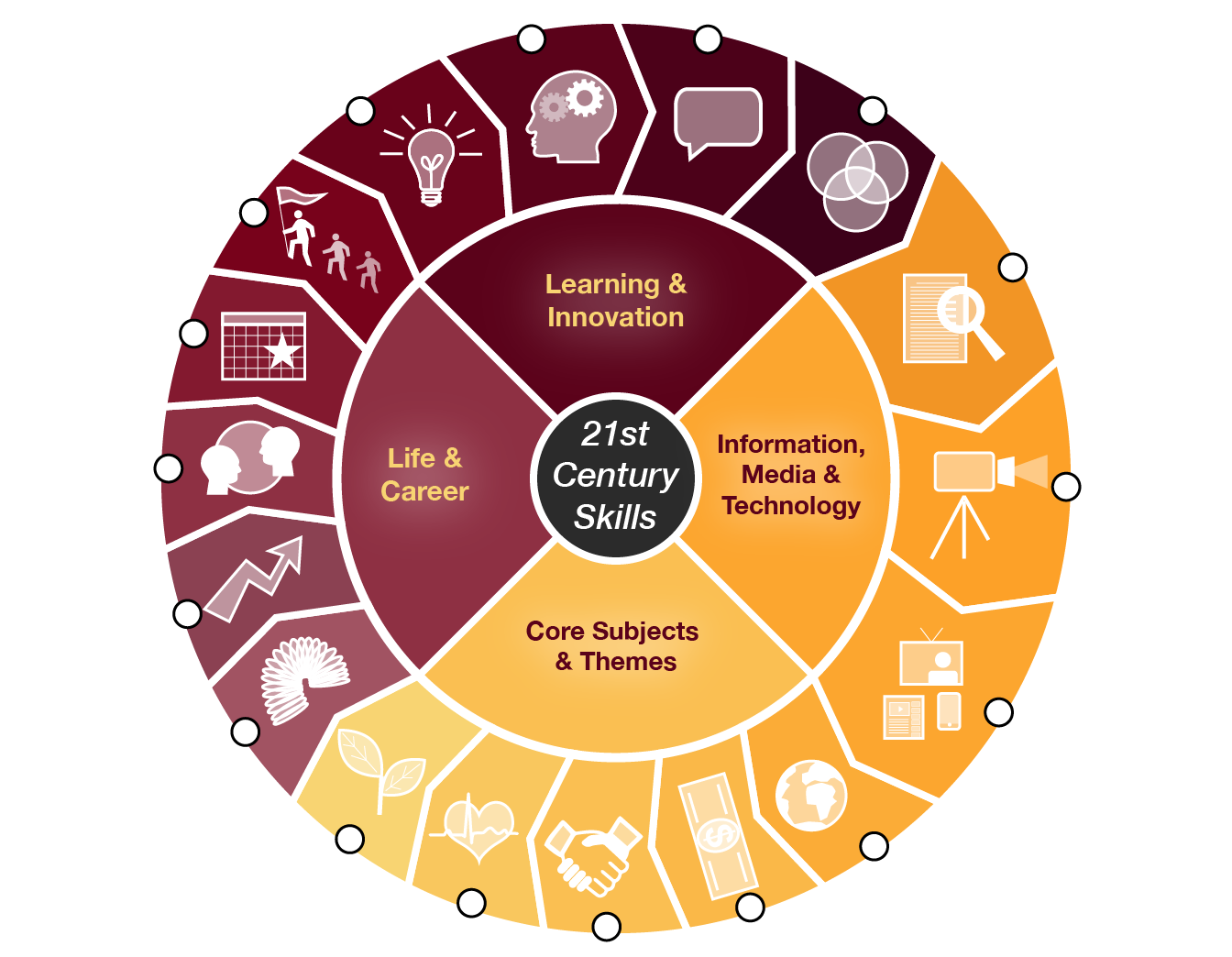
Creativity, Critical Thinking, Communication, and Collaboration - the 4 Cs
While organized in slightly different ways, these individual frameworks are found to be “generally consistent with each other” (Dede, p.11) in their emphasis on creativity & innovation, critical thinking & problem-solving, communication, and collaboration. In addition to gaining disciplinary expertise, learners need to practice these skills in the activities and assessments they engage in.
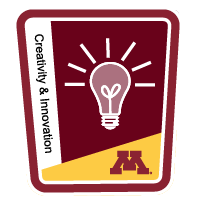
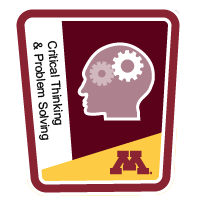


Information, Media, and ICT Literacy
The need for ongoing information, media, and ICT literacies are a direct result of technologies changing the way we communicate, interact, and work together. To practice these literacies learners need to be required to reserach, communicate, and collaborate using a variety of media as well as become producers of media products.
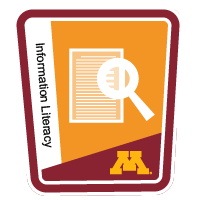
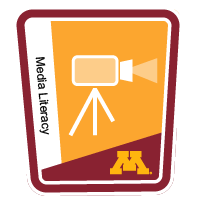
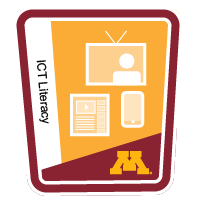
The Importance of "Soft" Skills
Arguably some of the most important 21st century skills are those that set us apart form the machine. Being able to live and work in today’s rapidly changing, globalized, interconnected and interdependent world requires collaboration, social and cross-cultural skills, adaptability and self-regulation, productivity and accountability, leadership and responsibility.
To develop these interpersonal and intrapersonal skils, learners need to practice working in collaboration with others, explore cultural differences and perspectives, develop self-reflective practices, appreciate that all knowledge comes with lenses, and grapple with the complexity inherent in our diverse, interconnected, and interdependent world (Lynch, Russell, Evans, & Sutterer, 2009; Marzano, 2008).
These transdisciplinary skills, or T-skills are not only deemed important for a successful economy and are sought by employers from college graduates entering the workforce (Conley, 2012; Gray, 2016), they are required for “effective community and social engagement, participatory democracy, and for living fulfilling meaningful lives” (Bereiter & Scardamalia, 2008, p.5).
To develop these important affective and conative skills educators consider HOW students learn and draw on what is known about the science of learning beyond the cognitive to foster these meta-outcomes (Laurillard, 2002, 2012, 2013).
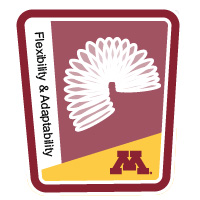
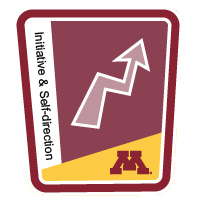
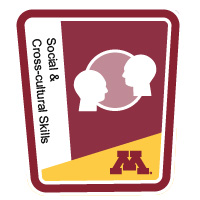
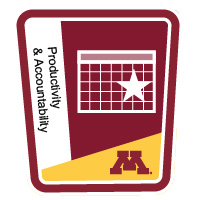
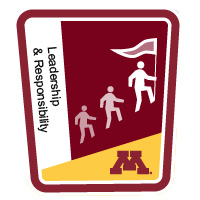
21st Century Themes
Last, 21st Century themes such as global awareness, financial-economic-business-entrepreneurial-civic literacy, health literacy, and environmental literacy are needed to understand and respond to the issues facing today’s globalized, interconnected, and interdependent societies. Incorporating 21st themes into the curriculum helps foster the system's thinking and transdiciplinary mindset that helps us understand today's complex world.
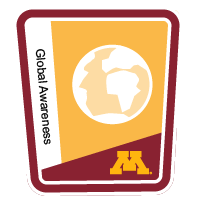
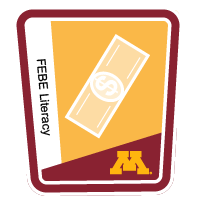
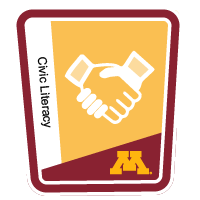
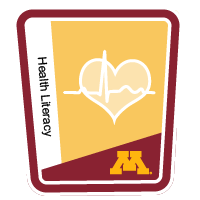
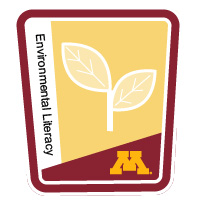
Together, these skills make a compelling appeal for the rethinking of pedagogies in order to foster them (Beetham & Sharpe, 2007; Bellanca, 2010; Bereiter & Scardamalia, 2008; Guerriero, 2017).
University of Minnesota SLO / SDO alignment to 21st Century Skills
National Organization
- 21st Century Skills for 21st Century Learners: Literacy in the Digital Age (Metiri Group and NCREL), 2003
- A State Leader’s Action Guide to 21st Century Skills: A New Vision for Education (P21), 2006
- College Learning for the New Global Century (AACU), 2007
- Digital Transformation: A Framework for ICT Literacy (ETS / ICT Literacy Panel) 2007
- Educating the Net Generation (Educause), 2005
International Organizations
- The Definition and Selection of Key Competencies: Executive Summary (OECD), 2005
- Learning, Teaching, Leading in the Digital Age (ISTE), 2007
- Assessment & Teaching of 21st Century Skills (ATCS), 2009
Dede, C. (2010). Comparing frameworks for 21st century Skills. 21st century Skills: Rethinking how students learn, 20, 51-76.
Partnership for 21st Century Skills. (2009). Framework for 21st century learning.